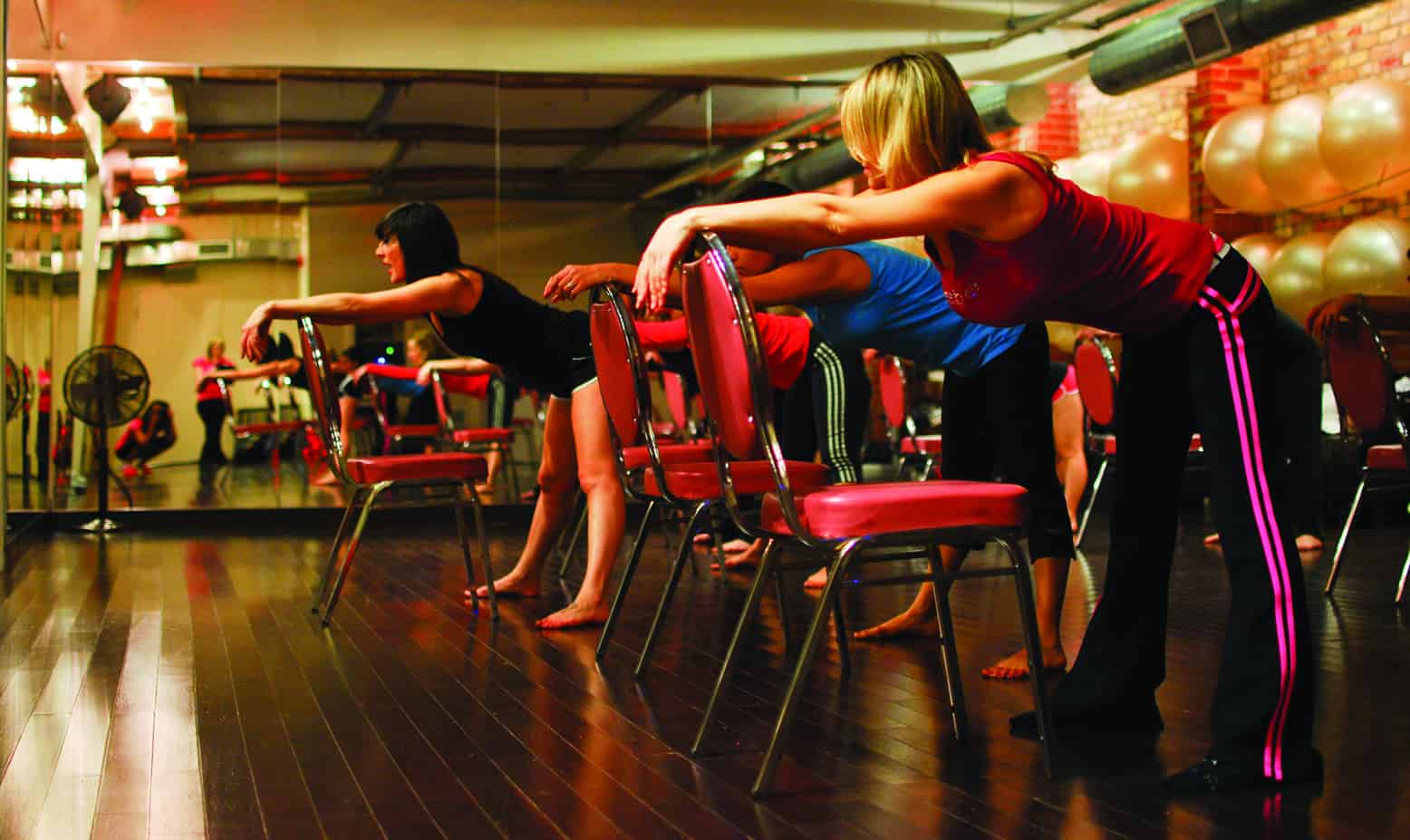Women Out Loud!, Trinity College’s gender relations club, hosted a back-to-back event last November 26: a burlesque class followed by a discussion on the difference between women enjoying their sexuality and sexualization.
Aliah El-houni, the fourth-year club president, organized the excursion to Flirty Girl Fitness gym, where students were taught pole dancing, chair striptease, and burlesque before discussing the question, “Is the sexualisation of women an obstacle to a gender-equal society?”
What was supposed to be a fun event took a wrong turn when founding members of the club objected to the manner in which the class was presented and advertised.
On the Facebook page, El-houni wrote that though the event took issue with the “sexualization of women’s bodies,” it is also “about fun and play.”
“It is about the fact that I want to be able to feel and be sexy with my body, but I also want to be the equal of every man who sees me, and that I recognize and want to explore the tension that exists between those to ideas,” she said.
Azrah Manji, a founding member of the club and a women and gender studies major, expressed concern over the event’s premise.
“I do question how experiencing sexualization or objectification in order to refute it is necessarily a positive route,” she commented. “There’s a difference between sexuality and sexualization … and [this] doesn’t reference that.”
Manji said that the event has taken a “post-feminist turn,” which bothers her as a co-founder.
“WOL is now trying to make feminism sexy, and it doesn’t need to be packaged [in a] way [that ignores] feminist theory in favour of crowd-pleasing activities.”
Another founding member, Haley Turnbull, dismissed Manji’s concern.
“WOL bases a lot of its ability to get funding on its attendance, so it’s a bit unfair to punish them for trying to have popular events,” she said.
El-houni maintained that the event wasn’t rooted in feminist theory, but rather, it’s an attempt to “confront a reality of our world.”
Also, due to funding guidelines, the event was required to open its doors to all Trinity students — including men.
“What the event does wrong is allow men into the room, period,” said Turnbull. “All of a sudden something that was personally sexually empowering [became] dependent on the male gaze and [became] sexualized.”
Turnbull added that the number of heterosexual men who went to watch the class but refrained from participating changed what the event stood for.
“You are sexualising your body if you allow men into that space. If it’s women dancing and men watching, [then] you’re no longer doing it for yourself.”
Moreover, Manji and Turnbull thought it especially problematic that female participants specifically called out gay men to join the event.
Manji stressed that she was not trying to undermine the current executive but expressing how she felt the club could more accurately uphold feminist ideals. Her advice was to remember the club’s mandate and use the proper feminist terminology. “WOL was formed to make Trinity College a less patriarchal institution, to make women’s voice heard… We now have a lot of members of WOL with amazing intentions, but to have executive members without an academic grounding in women and gender studies almost makes us move backwards because they’re not using correct terms and definitions, things that do make significant errors.
“I still believe WOL has a place at Trinity,” she continued. “The executive just needs to be more careful… in their wording so that they don’t accidentally take a post-feminist perspective.”
Turnbull was more direct, saying, “While I don’t really like the idea of people being ‘definition police’ so much, I’ll be as sexy as I want — on my own dime, thanks.”



